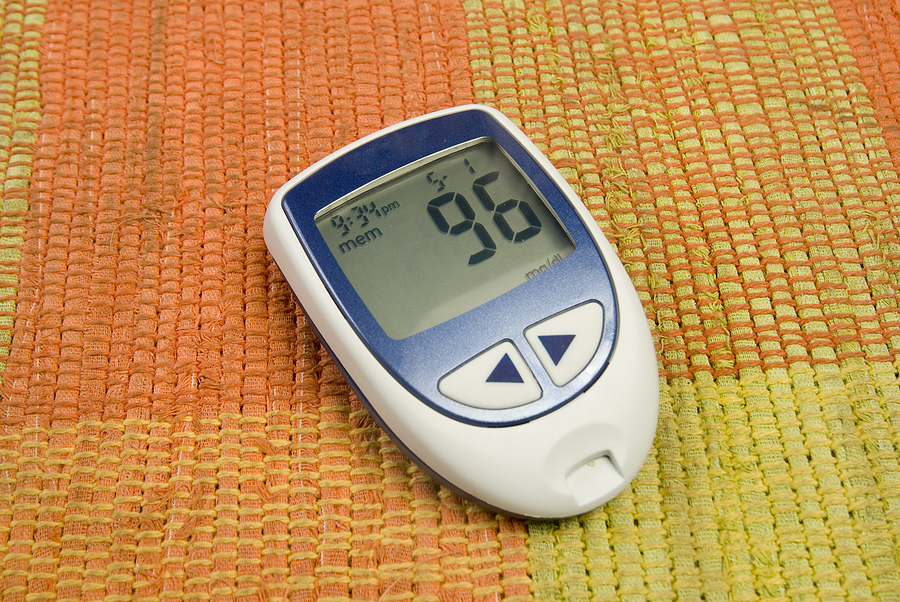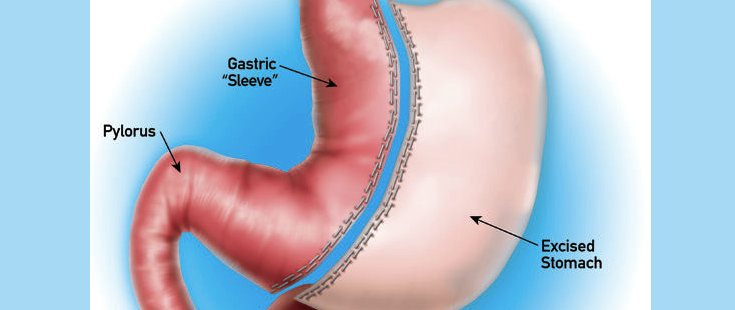 A new study found that weight loss from bariatric surgery, not the type of surgical procedure used, is responsible for improvement of metabolic responses in obese, insulin resistant, nondiabetic patients. This is exciting news for patients interested in the gastric banding procedure. Researchers examined the metabolic effects of 20 percent weight loss induced by either laparoscopic adjustable gastric banding (Lap Band) or Roux-en-Y gastric bypass surgery in their study group. They found that improvement in metabolic response was observed both in patients who underwent gastric band and gastric bypass procedures: both procedures equally improved insulin sensitivity and beta-cell function. The study authors concluded that the advantages came from the amount of weight lost.
A new study found that weight loss from bariatric surgery, not the type of surgical procedure used, is responsible for improvement of metabolic responses in obese, insulin resistant, nondiabetic patients. This is exciting news for patients interested in the gastric banding procedure. Researchers examined the metabolic effects of 20 percent weight loss induced by either laparoscopic adjustable gastric banding (Lap Band) or Roux-en-Y gastric bypass surgery in their study group. They found that improvement in metabolic response was observed both in patients who underwent gastric band and gastric bypass procedures: both procedures equally improved insulin sensitivity and beta-cell function. The study authors concluded that the advantages came from the amount of weight lost.
It is well-known that weight loss is a strong predictor of insulin sensitivity. But the particularly interesting finding from this study is that the less invasive means of losing weight, from gastric bands like the Lap Band, without altering the gastrointestinal tract, improves insulin secretion. We are happy to see this study which shows that a weight loss procedure that is minimally-invasive can lead to the same metabolic improvements in nondiabetic patients as a more invasive procedure of the Roux-en-Y gastric bypass (RYGB).
At the Bariatric Institute of Greater Chicago, we specialize in gastric banding. It is the least invasive surgical procedure for weight loss and is adjustable and reversible. The procedure partitions stomach into compartments, leaving a small pouch (about 10 percent of the overall capacity) as the new reservoir for food. The smaller stomach size limits the amount of food intake and patients report feeling less hungry. Since the digestive process is not altered, nutrient absorption is not affected.
You can learn more about LAGB and whether it’s a good option for you on our website or by calling 630-468-2545 to schedule a consultation with Dr. Vafa Shayani.







Leave A Comment